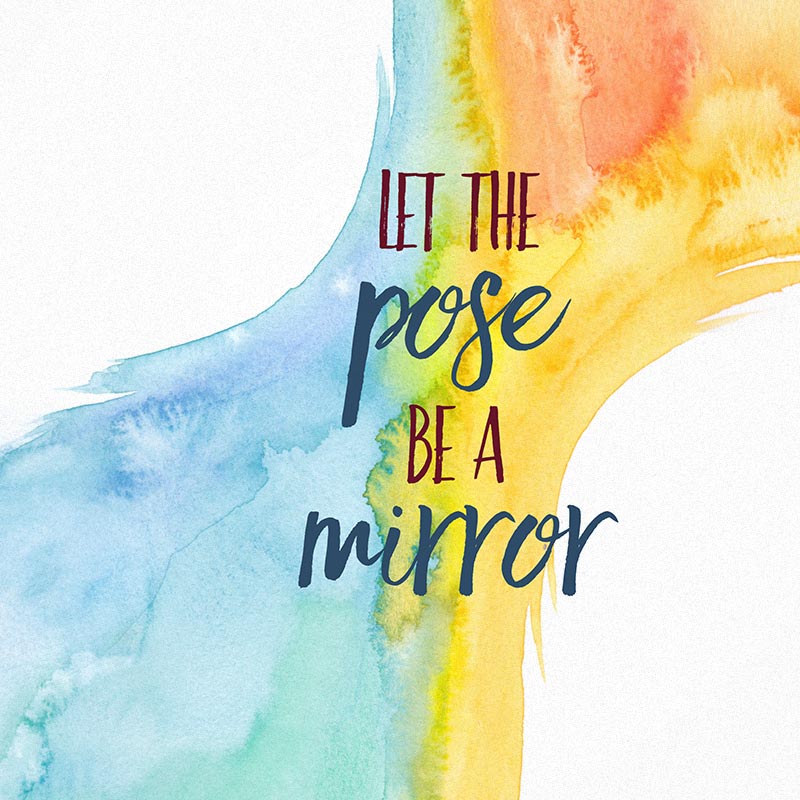Don’t let ‘enlightenment’ interfere with interpersonal relationships
When you dive into the spiritual, yoga, self-help, astrology realms and discover how much it helps you, and all you want to do is share it with the world. However, this zest for self-improvement and exploring various avenues to problem-solving is not always welcome in your interpersonal relationships. You may inevitably fall on your face if you don’t abide by these four fundamentals to the act of helping.
1. Attest that you can’t fix your friend’s problem.
We are all here in this world to learn lessons and grow from them. If you look at all of the people you know you can probably name 1 personal struggle that person is working on. Some things may appear small to you but big for them, because of other life situations that are in play, but it isn’t our responsibility to judge or fix other people’s problems. We must remember that no matter how easy someone else’s problem appears to us, we cannot fix it for them. For one, they don’t want you to fix it because they are in this life to conquer it. If they don’t conquer it, it will repeat until they conquer it. The best thing to do is acknowledge your friend’s feelings and ask if there is anything you can do to support them, and follow-up with this person throughout the coming weeks to see how they are doing, and let them know you have their back.

2. Support the person beyond the story.
First and foremost look beyond the details of the story and take the opportunity of being a mirror for this person you care for dearly. Recognize their strengths and the aspects you adore about them. When people are confused or struggling, it is hard for them to see the forest through the trees and mirroring back to them how wonderful and strong they are, might be just the confidence they need to plow forward.
3. Recognize that your help might not be of the variety someone accepts.
Just because a spiritual practice works for you, doesn’t mean it will resonate with everyone. It is important to speak from your own truths and how it relates to your own life. Practice empathy and acknowledge the pain or confusion they are going through, and ask if they are interested in learning more about what you’ve discovered in your own life from your spiritual studies.
4. Acknowledge that your help may not be desired. Point blank.
This is one that I have the hardest time with—accepting that my help isn’t what someone wants in that moment. Sometimes people just want to vent. Maybe they aren’t ready to move forward quite yet. Maybe all they need at this time is a safe space to be heard and to feel that their struggles are real and important. The hard part is recognizing when this is the case. While I personally am still learning this, I am choosing to address this by simply asking the question. Empathizing and acknowledging a person’s pain is always my first step as a friend, and then a simple follow-up question of “Do you want a different perspective?” could be just what is needed to bridge the gap to a deeper conversation (or not). This little question allows the friend let you know whether he/she is ready to dive in deeper or if he/she would rather just be heard at the moment.
To summarize, empathy goes a long way in helping your loved ones, and don’t underestimate the power of a powerful question to ask how you can support. We are all trying to connect with one another and are all fighting our own battles. Simply opening your heart and expecting nothing in return is sometimes all that is needed to make us feel connected to the love in the universe. Namaste!
“Until we can receive with an open heart, we’re never really giving with an open heart. When we attach judgment to receiving help, we knowingly or unknowingly attach judgment to giving help.”
― The Gifts of Imperfection: Let Go of Who You Think You’re Supposed to Be and Embrace Who You Are

